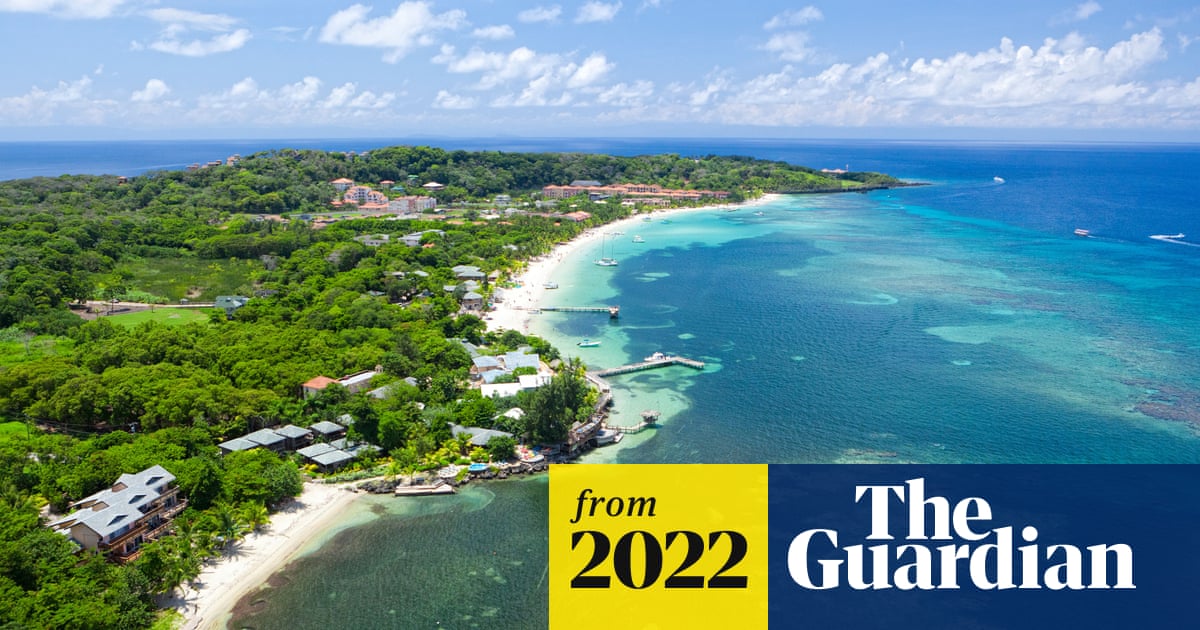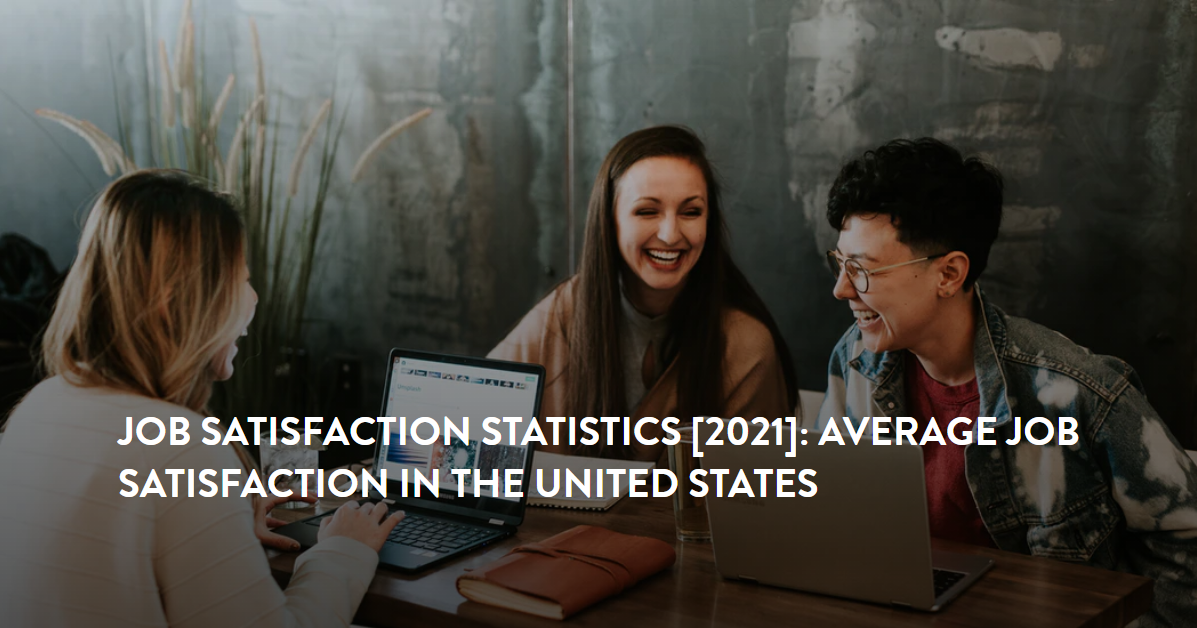The future of a crypto-libertarian city project in Honduras called Próspera has been flung into doubt. Controversial legislation passed by the Honduran government in 2013 allowed corporations to set up special economic zones with their own laws, regulation, courts, police forces, and schools. Próspera’s founders seized the opportunity to set up a low-tax, fully privatized city-state focused on financial, technological, and medical innovation.
But on April 21, the newly-elected Honduran congress voted unanimously to repeal the law and the constitutional amendment undergirding it, leaving the existing zones — known as ZEDEs or Zones for Employment and Economic Development — in legal limbo.
Currently under development on the tropical island of Roatán, Próspera says it has raised more than $100 million from investors to date. Despite the repeal of the Organic Law of the Employment and Economic Development Zones (ZEDE), Próspera says it will plow ahead — setting the development on a potential collision course with the Honduran government.
President Xiomara Castro celebrated the repeal, saying Honduras was “recovering its sovereignty.” Castro won the presidential election in November 2021 on a manifesto that included shutting down ZEDEs in response to growing outrage over the jurisdictions. A second ratifying vote at the beginning of the legislative period in early 2023 will bring the change into force. Melvin Rosales, an attorney and a Roatán-based politician for the opposition National Party, said that he’s “100% sure that it will be ratified.”
ZEDEs were heavily pushed as a means of stimulating economic development by Castro’s predecessor, former president Juan Orlando Hernández, who was extradited to the U.S. on April 21 to face drug trafficking charges. But fears over sovereignty, land expropriation, and legality all undermined the legitimacy of the project.
Próspera pitched international investors visions of a beachside libertarian paradise replete with low taxes and crypto-friendly regulation. The zone recently made Bitcoin legal tender and passed legislation facilitating the issuance of Bitcoin bonds. Próspera’s investors include Silicon Valley heavyweights such as Peter Thiel and Marc Andreessen through Pronomos Capital — a VC fund which invests in autonomous city projects.
Approved in 2017, Próspera broke ground in 2020. But early on, it entered into conflict with the neighboring village of Crawfish Rock, home to a historic Garifuna community.
Rest of World reported that in the summer of 2019, after Crawfish Rock lost access to running water, Próspera connected the village to its water tank. Villagers said the company proposed unfair pricing, and although Próspera suspended fees during the Covid-19 crisis, it then turned off the taps once it heard the villagers were attempting to restore their old water system.
Venessa Cárdenas, one of the leaders of Crawfish Rock, said emotions were running high the night the ZEDE law was repealed, and that residents of the village were overjoyed with the decision. “I think I was up until almost 2 o’clock that morning, texting and calling my friends and family.” Luisa Connor, leader of the village council, said she can now “sleep freely,” thanks to the law’s repeal.
Cárdenas said she wouldn’t mind seeing Próspera turn into a more typical tourist area or site of economic development: “My advice would be: Go pay your tax like everybody else; go and get your permits like everybody else; and [abide by] Honduran law and regulation like everybody else.”
In addition to Próspera, two more ZEDEs, Ciudad Morazán and Orquídea, will be affected by the repeal.
The company behind Próspera has issued a strongly-worded
blog in response to the repeal of the ZEDE law, claiming that its protected by numerous legal frameworks. made with the previous government. The legal assurances cited include constitutionally-protected acquired rights of ZEDE investors, a 50-year legal stability agreement guaranteeing the rights and privileges of investors, and international investment law protection, including the Central America Free Trade Agreement and the U.S.-Honduras Bilateral Investment Treaty.
“For the state of Honduras to deny these rights would plainly violate its obligations under international and domestic law based on well-established legal principles,” the company argued. A February
blog post stated that the Honduran government could face damages of more than $1.3 billion dollars if it tried to renege on these agreements.
“We respect and honor Honduran sovereignty, always have and will,”
tweeted Próspera founder and CEO Erick Brimen. Próspera did not respond to a request for comment.
Others argue that the ZEDE legal framework was always illegitimate. Rosales, the politician from the National Party that previously supported the creation of ZEDEs, said he believes that the ZEDE arrangements were “legal, but not constitutional,” a position shared by the Honduran Bar Association and Honduras’ influential association of private enterprise, COHEP.
Many observers now agree that the reason the ZEDE law passed was through corruption: The legislation that brought ZEDEs into existence, called the RED law (
Regiones Especiales de Desarrollo or special development regions law), was declared unconstitutional in 2012 by the Supreme Court, on the grounds that it violated the constitutional principles of sovereignty, territorial integrity, and governance. The judges who voted against this law were removed from their posts by Hernández. The Hernández-led congress rewrote and re-passed the newly-named ZEDE law, and in early 2014, the new Supreme Court approved it.
Co-chair of Crowell & Moring law firm’s international dispute resolution group, Ian Laird, said that the principle of continuity between governments in international law means that legislation enacted by a previous government can’t be rejected without cause. But if a case between Próspera and the Honduran government went to international arbitration, an argument focused on the potential illegality of how the ZEDE law was passed could perhaps hold weight.
Honduran government officials have said they will engage in
dialogue with the ZEDEs. It’s expected that Próspera will be offered the option of converting into a “free zone” – a type of special economic zone which benefits from some tax breaks and fiscal incentives, but must abide by the country’s laws. The best option for Próspera would be converting to a ZOLITUR zone, a type of tourist
free zone, Rosales said, “but the libertarian style they were looking for, they will never get.”
There are signs Próspera is willing to cooperate with the government to some extent. Executives
met with the vice president of the National Congress of Honduras, Rasel Tomé. According to
La Gaceta, the official newspaper of the Honduran government, Próspera said they wished to continue investing in Honduras while respecting the repeal of the ZEDE law. A Próspera press release published that same day, however,
states that the company still “expects Honduras to respect its commitments under legal stability agreements and international treaties.”
“Nobody’s investing in Próspera because they seriously think they’re going to make money,” said Thibault Serlet, head of research at special economic zone consultancy Adrianople, who knows a number of Próspera investors. He said the main reason for investment is ideological — the investors are libertarians who would like to see a similar experiment in their own countries. He suspects that if the development lost its ZEDE status, it would sacrifice a certain type of investor, but gain another.
“They’re going to lose the libertarian, crypto-rich people, [but] they might actually make more money with it as a hotel [development], because there won’t be that uncertainty.”





